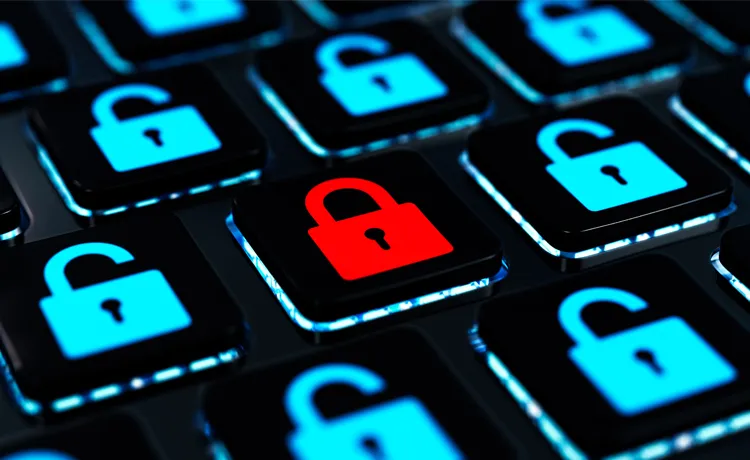Cyberattacks have increased dramatically in the last 10 years, making cybersecurity awareness more important than ever. More and more cybercriminals are using the internet to access confidential data, steal personal information and damage computer systems.
As cybercrime becomes more common and widespread, it is important to take the time to learn about the various threats and risks before venturing online. From setting up email filters to downloading the latest security software, the following steps will provide your community with the right tools and resources to help keep them safe from online attacks.
Types of Cybersecurity Threats
Malware: Malicious software (“malware”) specifically designed to disable or damage your computer system. Online Shopping: Unsecure websites give cybercriminals access to your financial and credit information. Spam and Email Scams: Cybercriminals use email to send malicious material, such as viruses and spyware, or to trick you into disclosing personal information. Wireless Networks: Unsecure networks give cybercriminals access to your laptop, cell phone and other home devices. Social Networking Sites: Cybercriminals specifically target websites such as Facebook and Twitter.
Protect Yourself Against A Cyberattack
Keep Your Mobile Device Safe
- Install the latest protection and keep it up to date.
- Use a strong password to lock your device.
- Only give out your number to people you know and trust.
Be Cautious When Shopping Online
- Only purchase from websites you know and trust.
- Check out the seller’s privacy policy before disclosing personal information.
- Never use an unsecure wireless network to make an online purchase.
- Print and save records of all your online transactions and review your credit card statements for discrepancies.
Rethink Your Social Media Accounts
- Use security settings to control who sees your posts.
- Make your passwords long and strong.
- Be cautious about how much personal information you post.
- Make sure you know the people you add on social media.
- Don’t hesitate to use the “block” feature.
Don’t Be Fooled by Email Scams
- Don’t trust emails by unknown individuals or organizations.
- Never open an attachment or click a link in an unsolicited email.
- Enable filters so you can mark emails as spam.
- Make sure your antivirus software includes an email scanning feature and keep it up to date.
- Hide your email address from online profiles and social networking sites.
Block Viruses from Your Computer
- Install the latest security software, web browser and operating system.
- Be mindful of what you download and pay attention to installing applications.
- Use security software to scan Universal Serial Bus (USB) keys and other external devices.
Secure Your Wireless Home Network
- Make your wireless network invisible.
- Change the router’s name and password.
- Activate the firewall to block cybercriminal activity.
- Use filesharing with caution.
- Configure your browser to block pop-ups and other potentially harmful content.
For more information on our safety and security products, browse the QuickSeries® library of guides, including Cybersecurity.
